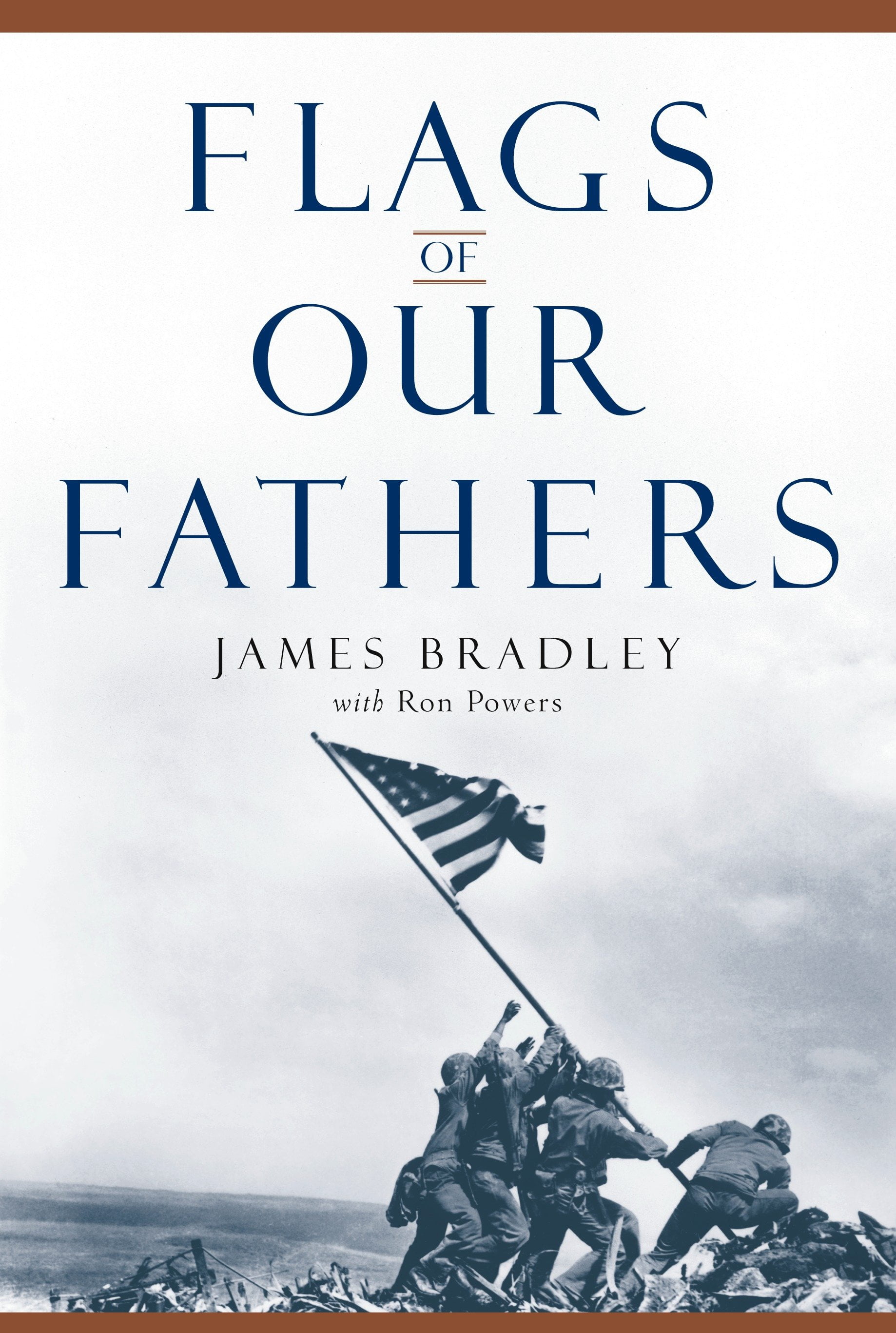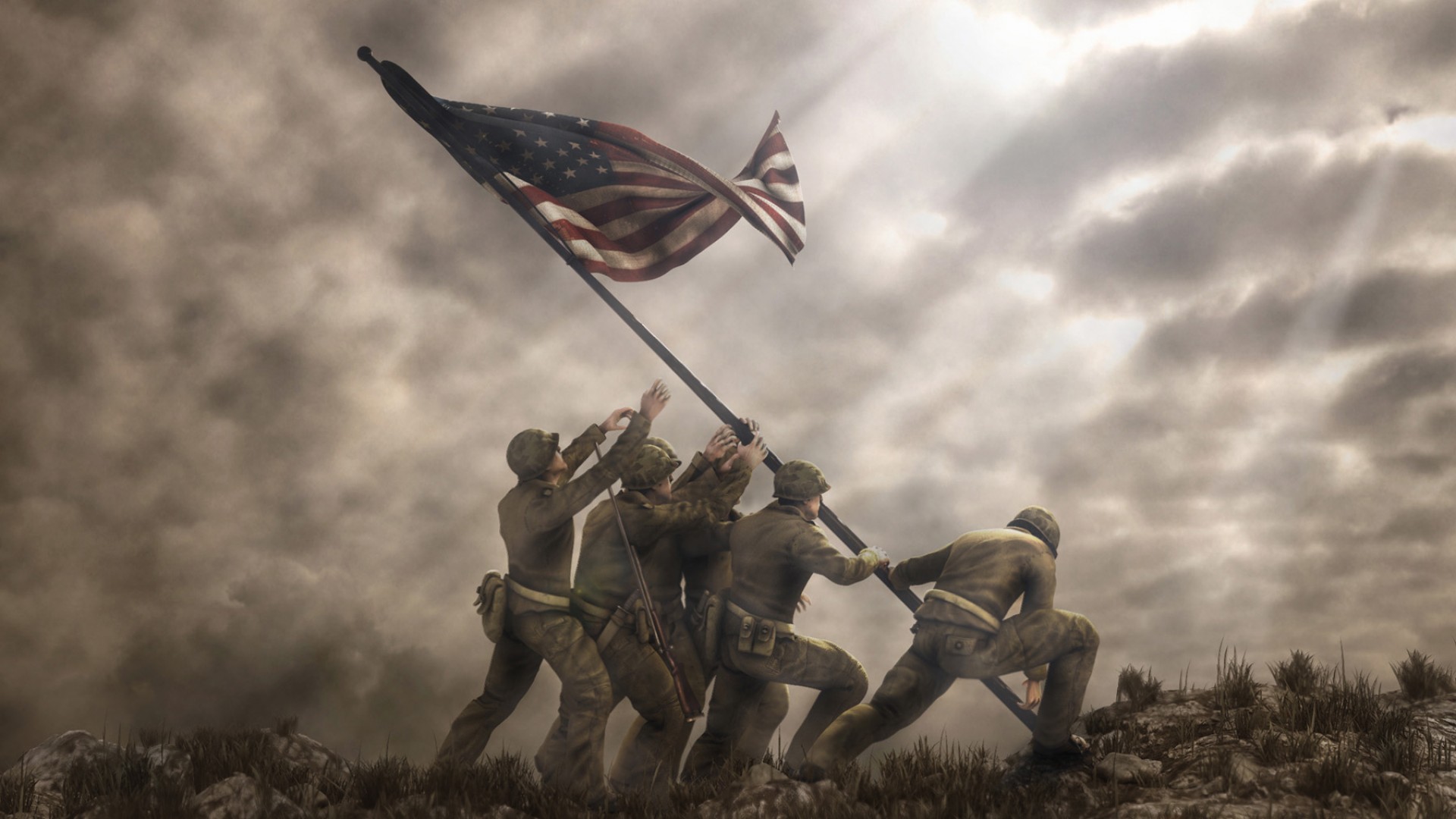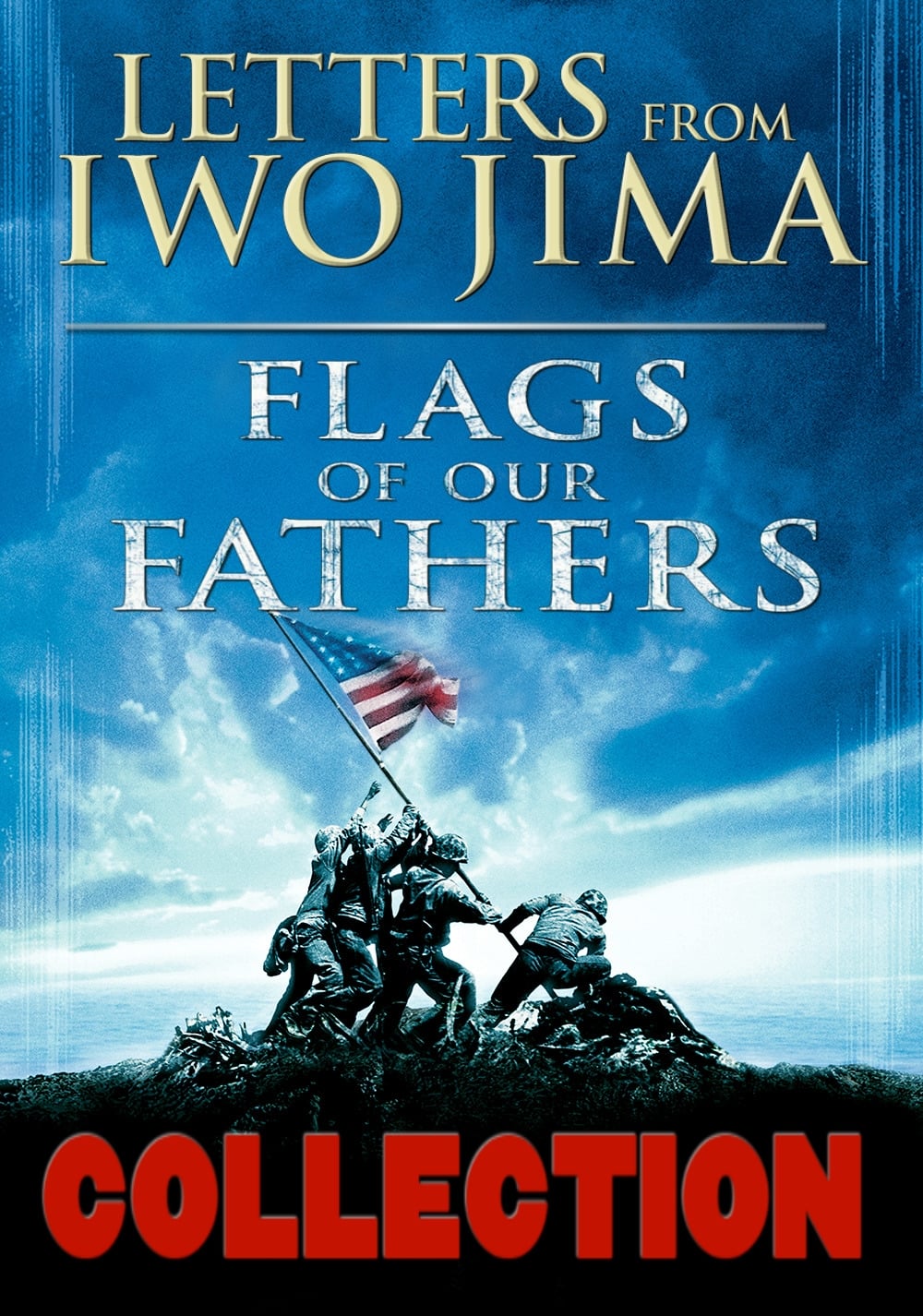

Add the brilliant writing experience and resume of Haggis and the movie should have been celluloid gold. The heavy handedness of Flags of our Fathers should be right up his wheelhouse. Eastwood in particular has stemmed together three recent films The Forgiven, Mystic River and Million Dollar Baby that each dealt with a person of persons dealing with the emotional weight of violence that they were witness. The biggest disappointment with Flags of our Fathers comes with the expectation that the three major players in the production bring to the table. Haggis does his Crash best to have us 'tisk' at the consistent barrage of racial epithets thrown towards Indian descent Ira Hayes, but Eastwood fails to weave this sympathy and the sympathy for those left behind on the beach into an emotional punch that will carry us to the voting polls in the awards season. But where Eastwood fails is in his attempt to drum up any emotional attachment to the three characters. In a time where America is fighting two separate wars in Afghanistan and Iraq with veterans of Vietnam still being paraded on CNN every evening news to discuss comparisons, Flags of our Fathers is important in that it shows how a single picture or event can change an entire opinion over an effort that will cost young men and women their lives.

The battle scenes are very well done and show the chaotic atmosphere and pace that follows a ground war, but it's the relationship and the manipulation of public interest as used by the media that the movie hits home.

Flags of our Fathers is an important film, but unfortunately, not a stellar one.
#Flags of our fathers full
The film then switches between their tours of sporting arenas and speaking engagements and flashbacks back to the horrors of the taking of the island in full vivid detail. Not one of them believing they were true heroes, the three are persuaded to separate their reluctance from the necessity to boost morale with the American public and ask for funds to continue with the necessary production of tanks, grenades, guns and armor. As the picture made its circles in every American media outlet available, Bradley, Gagnon and Hayes were quickly sent packing back to the United States to be used in a cross country marketing campaign to drum up support for the troops spread out over Europe and Asia. Six soldiers on the 5th day of the island's invasion planted the flag of infamy just seconds after the first flag was that was erected was taken down. A fact that it seemed not one of us in the packed pre-screening knew before the films closing credits. If you caught it, I did write the 'second American flag raising'. These three individuals were partly responsible for the second American flag raising on that graced newspapers and magazine covers all over the world. Ryan Phillippe, Jesse Bradford and Adam Beach play John "Doc" Bradley, Rene Gagnon and Ira Hayes respectively. Flags of our Fathers follows the lives of three surviving members who raised the flag in 1945 atop Mount Suribachi and how the government used these three individuals and the media in an effort to spark interest in selling war bonds to the American public. Based on the true (and relatively unknown) story of six regular soldiers that raised the flag atop the isle of Iwo Jima and whose picture of the effort became synonymous with an impending victory of the war, Flags of our Fathers will be one of the most talked about films of 2006. What do you get when you cross an Academy Award winning director whose movies tend to follow the lives of individuals and their consequences of the violence around them, an award winning writer that deals with racism and the map of the human spirit and a producer that has a penchant for World War II history who is a master of telling epic stories on the widescreen canvas? Well, you get Clint Eastwood, Paul Haggis and Steven Spielberg who have teamed up for the first time to bring to the screen the new WWII story of the six soldiers who raised the American flag at Iwo Jima and became media heroes in the new film Flags of our Fathers.


 0 kommentar(er)
0 kommentar(er)
